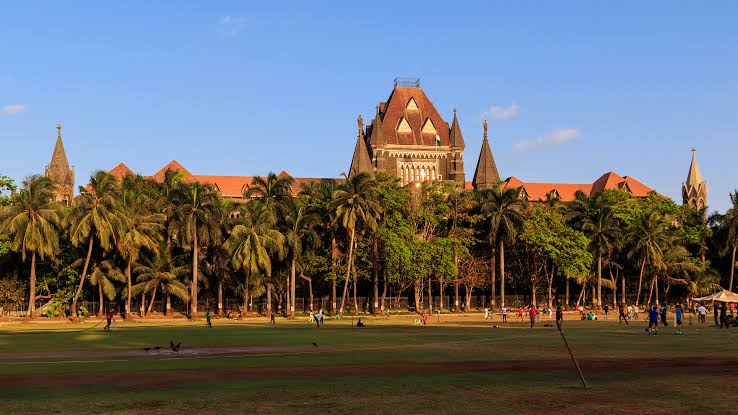Bombay High Court Grants Bail to Men Behind Chrisann Pereira’s Drug Frame-Up in Sharjah

Mumbai, 26th September 2024: The Bombay High Court has granted bail to Anthony Paul and Rajesh Bobhate, accused of framing actor and model Chrisann Pereira in a drugs case in Sharjah.
Justice Manish Pitale observed that the quantity of drugs involved was small and the applicants had already suffered incarceration for over a year. Pereira was framed by Paul and Bobhate as revenge over a petty dispute with her mother.
According to the prosecution, Pereira was asked to travel to Sharjah for an audition and was given a trophy with concealed drugs, leading to her arrest. The Indian authorities probed the matter and found that Pereira was framed.
Both Rajesh and Anthony were arrested on suspicion of planting drugs in concealed that lead to arrest of Pereira in Sharjah Airport.
Paul and Bobhate had filed bail applications, stating that the quantity of ganja recovered was small and they had already spent a significant amount of time in jail.
Rajesh Bobhate’s lawyer Sangram Jadhav and Shailesh Kharat, argued that the duo could face a maximum of three years in jail and had already spent one year and five months behind bars.
The court noted that no purpose would be served by continuing the custody of the applicants and granted them bail.
The Bombay High Court’s decision to grant bail to Anthony Paul and Rajesh Bobhate is based on several factors. Firstly, the quantity of drugs involved in the case was small, which suggests that the offence may not be as severe as initially thought. Additionally, both Paul and Bobhate have already spent a significant amount of time in jail, over a year, which is a considerable period of incarceration.
The court also considered the fact that the Indian authorities had probed the matter and found that Chrisann Pereira was framed by Paul and Bobhate as revenge over a petty dispute with her mother. This suggests that the accused may have been motivated by personal vendetta rather than any malicious intent to commit a serious drug-related offence.
The court noted that the duo could face a maximum of three years in jail, and they have already spent one year and five months behind bars. This implies that the accused have already served a substantial portion of their potential sentence, and further incarceration may not serve any additional purpose.






